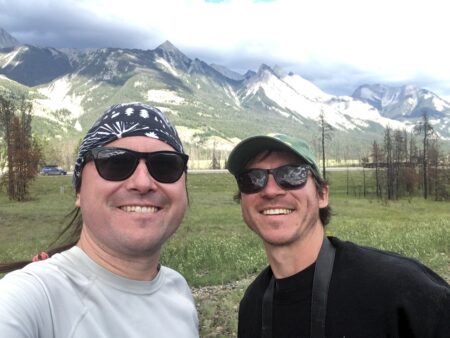Along with the existential risk to humanity posed by unmitigated climate change, I have been seriously learning about and working on the threat from nuclear weapons for over 20 years.
I have written an introduction to nuclear weapon risks for ordinary people, meant to help democratize and de-mystify the key information.
The topic is incredibly timely and pertinent. A global nuclear arms race is ongoing, and the US and Canada are contemplating a massively increased commitment to the destabilizing technology of ballistic missile defence. If citizens and states could just comprehend that nuclear weapons endanger them instead of making them safe, perhaps we could deflect onto a different course. Total and immediate nuclear weapon abolition is likely an implausible goal, but there is so much that could be done to make the situation safer and avoid the needless expenditure of trillions on weapons that will (in the best case) never be used.
Nuclear powers could recognize that history shows it only really takes a handful of bombs (minimal credible deterrence) to avert opportunistic attempts from enemies at decapitating attacks. States could limit themselves to the most survivable weapons, particularly avoiding those which are widely deployed where they could be stolen. They could keep warheads separate from delivery devices, to reduce the risk of accidental or unauthorized use. They could collectively renounce missile defences as useless against nuclear weapons. They could even share technologies and practices to make nuclear weapons safer, including designs less likely to detonate in fires and explosions, and which credibly cannot be used by anyone who steals them. Citizens could develop an understanding that nuclear weapons are shameful to possess, not impressive.
Even in academia and the media, everything associated with nuclear weapons tends to be treated as a priesthood where only the initiated, employed by the security state, are empowered to comment. One simple thing the briefing gets across is that all this information is sitting in library books. In a world so acutely threatened by nuclear weapons, people need the basic knowledge that allows them to think critically.
P.S. Since getting people to read the risk briefing has been so hard, my Rivals simulation is meant to repackage the key information about proliferation into a more accessible and interactive form.


